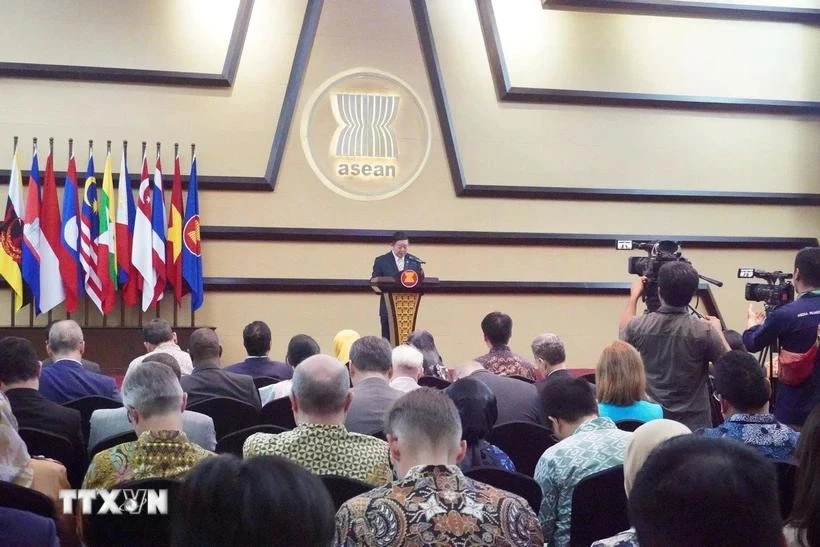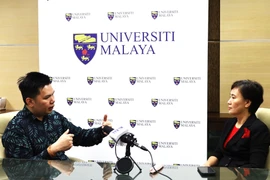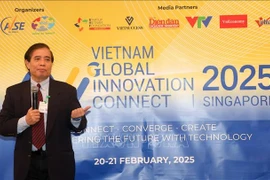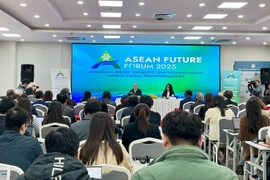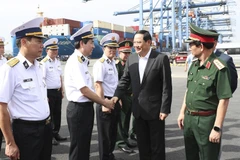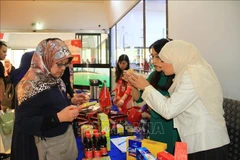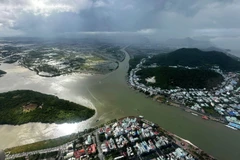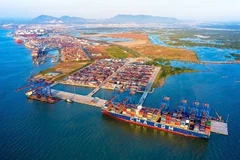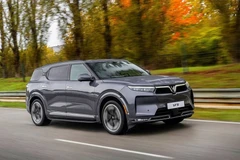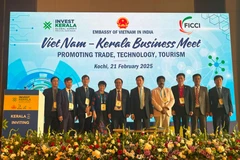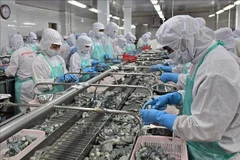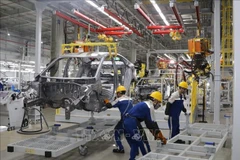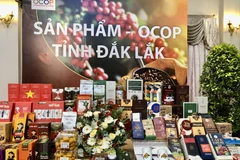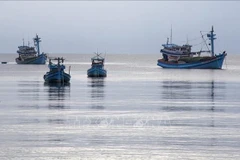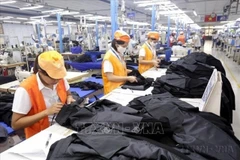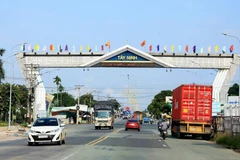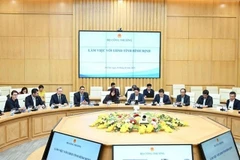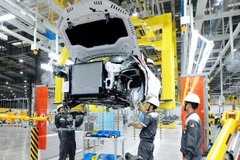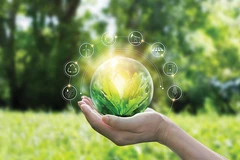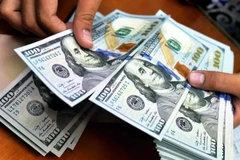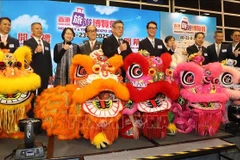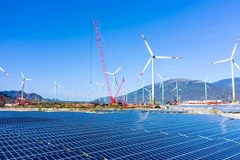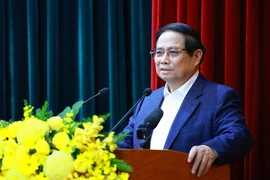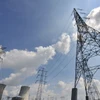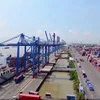Jakarta (VNA) – The ASEAN Future Forum 2025, scheduled for February 25-26 in Hanoi, is expected to focus on the values of sustainability and circularity in supply chains to address global challenges, according to Indonesia scholars.
Speaking to Vietnam News Agency correspondents in Jakarta ahead of the forum, Programme Coordinator of the Indonesia Institute for Defencce and Strategic Studies (Lesperssi) Beni Sukadis said that ASEAN is promoting regional security and peace by enhancing dialogue, cooperation, and mutual understanding among member countries, addressing traditional and non-traditional security challenges through trust-building measures, preventive diplomacy, and adherence to international law, thereby ensuring a stable and prosperous Southeast Asia.
Beni expressed a hope that the issues discussed at the forum will highlight the value of sustainability and circularity in supply chains to address global challenges such as climate change and resources depletion. This approach aims to ensure long-term economic resilience through sustainable and inclusive growth.
Meanwhile, Dr. Dinna Prapto Raharja, senior policy advisor and founder of the independent research and training institute Synergy Policies, said that ASEAN’s mechanisms have seemed to become more complex over the past decade. There are many agencies for cooperation, but they are not well connected and respond slowly to issues. Events like the ASEAN Future Forum 2025 are necessary and can be beneficial in promoting decision-making processes within ASEAN agencies.
Dr. Dinna noted several major global trends affecting ASEAN, including increasing interest in working with a small group of countries and acting swiftly for the exclusive interests of that small group; the weakening of United Nations mechanisms and organisations; and the rise of extremist forces in some countries. At the regional level, the trend is waiting and observing, leading to slow responses.
She emphasised that to become a cohesive actor and promote peace, ASEAN leaders, starting at the level of foreign ministers, must initiate the streamlining of decision-making processes without excluding discussions and civil society participation in strategic issues.

In the economic sphere, geopolitical tensions are reshaping trade flows as major economies tend to shift some components of their supply chains to allies and partners, minimising the risks of instability in raw material supplies. Dinna held that ASEAN should seize this opportunity.
ASEAN is tasked with initiating ideas and cooperation models for member countries to ensure that members do not fall behind in the changing trade landscape.
Dinna provided an example of how ASEAN could ensure an electric vehicle (EV) ecosystem with all raw materials and components produced within the region, employ ASEAN personnel, and create joint research and development.
According to Dinna, protecting the EV ecosystem in the ASEAN region is a great strategy to promote cooperation, innovation, and self-reliance in the region. This vision can ensure that ASEAN member countries maintain their competitiveness in the global market.
Meanwhile, Beni noted that ASEAN is negotiating agreements such as the Digital Economy Framework Agreement (DEFA) to address emerging areas like digital trade and sustainability. This will help shape the rules and standards for digital economies in the region.
By enhancing supply chain connectivity through initiatives like the ASEAN Economic Community Blueprint 2025 and the Master Plan on ASEAN Connectivity (MPAC) 2025, the group is pursuing the goal of creating a more integrated and competitive region.
Beni believed that building resilient supply chains is crucial to increasing resilience against global challenges such as geopolitical tensions, climate change, pandemics, and natural disasters. This involves optimising costs, fostering innovation, and ensuring rapid recovery from disruptions.
To promote inclusive growth, ASEAN is committed to narrowing the development gap both within the region and with the rest of the world. This includes supporting micro-, small-, and medium-sized enterprises (MSMEs) and ensuring that all population groups, especially the most vulnerable ones, benefit from economic growth./.
